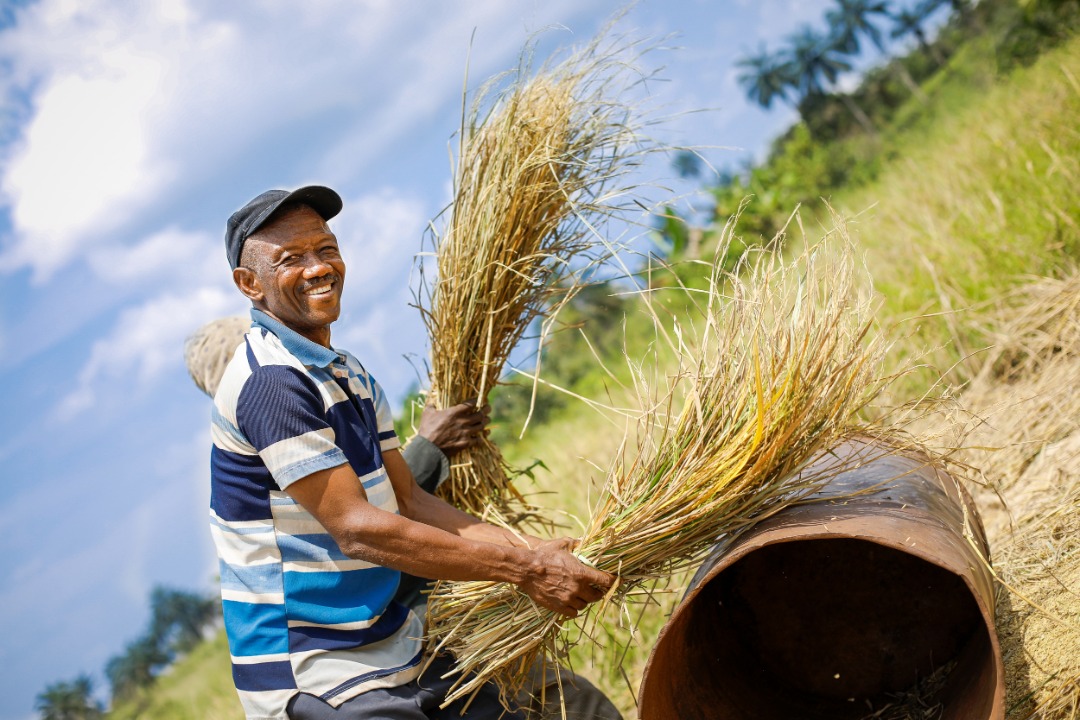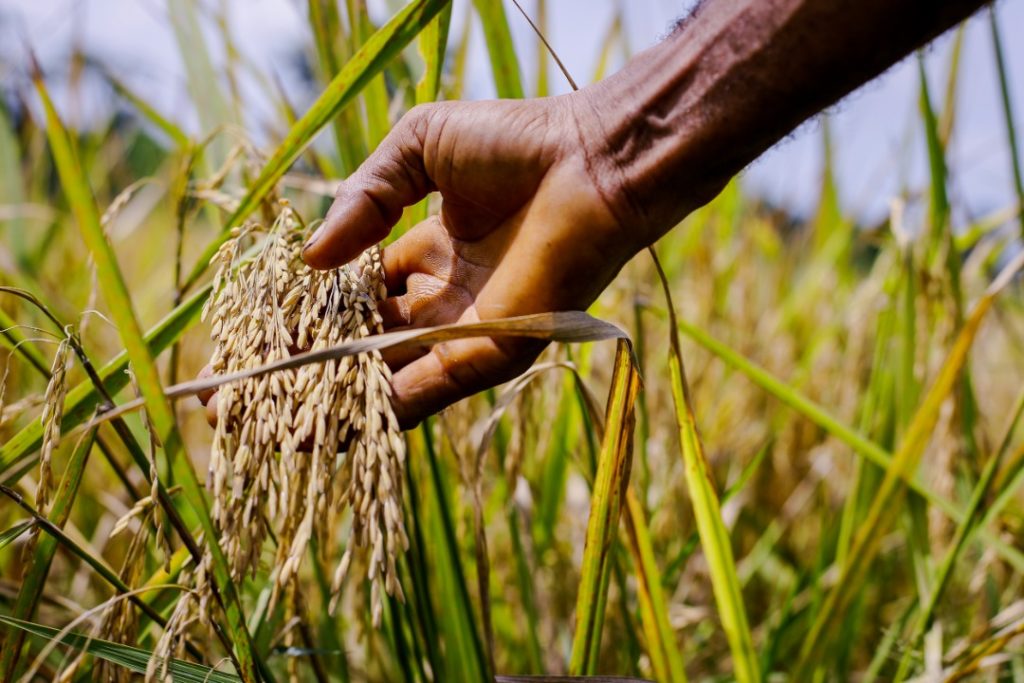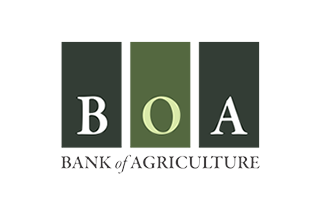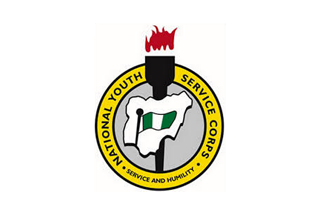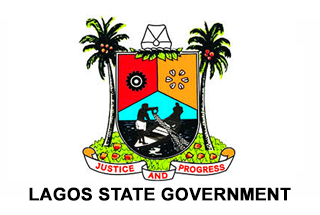To create an enabling environment for sustainable agriculture, people, resources, and policies are key building blocks. Nigeria, for example, was historically an exporter of much agricultural produce including groundnuts, palm oil, cocoa, and cotton. Today, however, it is known better as one of the largest importers worldwide of agricultural produce. Although its agricultural sector is the highest employer of Labor at about 70 percent of the population, it is not the highest contributor to the country’s Gross Domestic Product.
There is certainly an abundance of potential in the country’s agricultural space, as prior to the discovery of oil, it was the economic cornerstone. With a projected population of about 400 (four hundred) million by 2050, the gap that currently exists between the production capacity and national requirements threatens food security, job creation and economic growth of the Nation.
